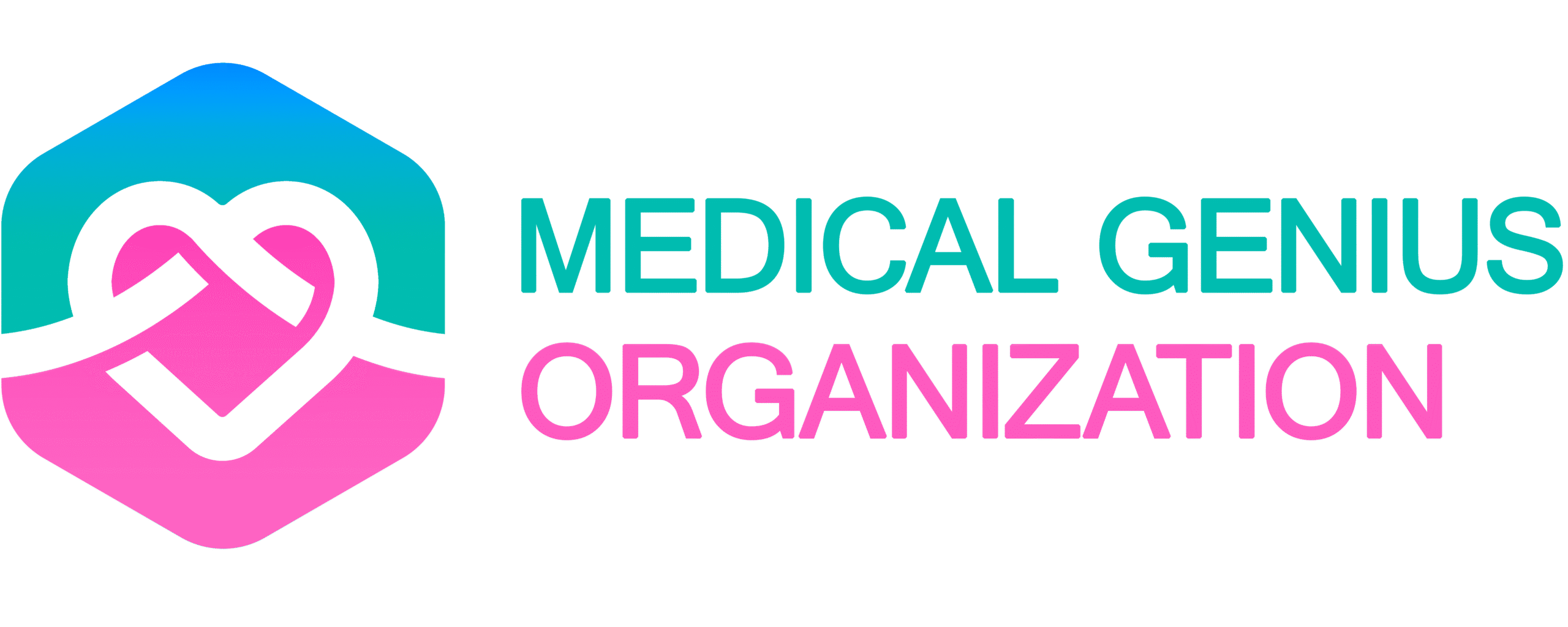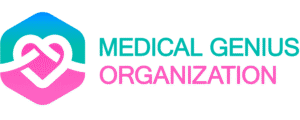Healthcare managers, also called administrators, are heavily involved in management and coordination of healthcare departments to enhance proper and efficient functioning of the available healthcare facilities. These are professional workers in the healthcare sector whose prime role is to ensure the flow of wellness services within the organizations such as hospital, clinics among others. In this article, we will look at what health care administrators do, what makes a good health care administrator, and the various career opportunities available to such a professional.
Whom do we classify as Healthcare Administrators?
Healthcare administrators are also referred to as healthcare managers or healthcare executives and their roles entail managing the smoot operation of healthcare facilities. They perform clinical supervision, financial control, and strategic leadership among other factors. While clinics attend to the patient’s health & wellness needs, the healthcare administrators are involved with the processes that allow for the provision of quality services to the patients.
Key Responsibilities
1. Managing Healthcare Services
Over the years, healthcare administrators have been put in place with the sole responsibility to improve on the delivery of health care services in the society. This consists of the operation of staffing, supervising care and even stringently monitoring the adherence to healthcare policies and standards. Managers need to be certain that the emergency, treatment, clinical, as well as other administrative units of the facility are functioning as expected.
2. Financial Oversight
This includes budgeting, forecasting and reporting of financial statements throughout the year. Managers must keep expenditures in check while at the same time ensuring that the facility has adequate capital to deliver quality services in the provision of care. They must consult with accountants and financial analysts in the formation and the implementation of financial policies.
3. Strategic Planning
Healthcare administrators are involved in long term planning with the view of future growth of their organizations. This includes setting goals, policies, and new implementations such as the new technologies required to support a forward-thinking business. Some of the factors include the healthcare laws, technological advancement, and other development happening within the healthcare field that need to be grasped by administrators to take appropriate decisions that will favor their institutions.
4. Human Resources Management
Some of the issues in human resource management include selection and recruitment of employees, employee’s payroll, and dealing with staff disputes. It is a task of the administrators to uplift their staff with skills and keep them motivated with the aim of delivering quality patient care.
5. Ensuring Compliance
It is the responsibility of the healthcare administrators to make sure that their organizations are fully abiding the law and the rules. This consists of ensuring patient privacy and privacy in delivery of their services, following health care policies and ensuring that the hospital is compliant with the legal provisions of jurisdiction. Legal counsels help the administrators to regularly get updates on changes in the healthcare legal framework within which the organization operates.
Essential skills required by Healthcare Administrators
Leadership and Communication
In the healthcare organization, effective leadership and communication skills play a critical role in the performance of a healthcare administrator. They should possess good motivational skills that will enable them to manage and coordinate a diverse staff; good communication skills that would enable them to communicate with various stakeholders, not only the staff but also the patients; problem solving skills that would help them to address various conflicts within the course of their practice.
Analytical and Problem-Solving Skills
They must possess skills that enable him/her to understand critical data and make sound decisions. This includes translating financial statements, evaluating the patient’s care quality, as well as considering the possibilities for enhancement. There has been movement on ensuring that individuals who seek to solve problems possess strong problem-solving attributes to support the same.
Organizational and Time Management
Healthcare managers may also be subjected to various duties, and as such, they must be time conscious. Essential skills include organisational skills due to their ability to determine priorities, obligations and a timeline when managing assignment.
Technical Proficiency
The administrators backing healthcare technology should be conversant with EHR systems as well as other software used in the management of the facility. Since there is a rapid change in the technological aspect of the world, it is always important to update ourselves on the modern technologies.
Educational Requirements
The job requirements in course and training that healthcare administrators need may differ depending on the company and the position of the healthcare professional needed. Most entry-level positions demand the holder to possess a bachelor’s degree in health care administration, business administrations or any related course. However, many positions, particularly employment in large facilities or those that involve decision making, require a master’s degree such as Master of Health Administration (MHA) or Master of Business Administration (MBA) with health specialization.
Certifications and Licensure
Certifications although not mandatory are helpful in providing additional endorsement to a health care administrator. Having the FACHE or the CPHQ is a clear way to show the dedication to the profession and the development of certain competencies.
Experience
Most of the employers appear to prefer at least some prior experience in the health care industry or business administration. Health care careers are known to progress by means of promotion from one level to the other within the health care facilities. Some administrators may also have clinical experiences; to have such background is very helpful in dealing with patient issues.



